The primary objective behind the establishment of the PSCs is to keep appointments to public posts at different levels away from day-to-ay politics and political influences and to identify and select the right personnel for the right job at the right time. In this book, spread over nine chapters, an attempt is made to probe this problem because there is not systematic and integrated data in this respect with special reference to APPSC in the combined State of Andhra and Telangana. Almost every recruitment undertaken by the APPSC (in the combined State) so far, has been subjected to judicial review. The importance of various issues of public recruitment and the lapses and deficiencies at the level of the PSC and the Government are discussed. The performance, perceptions and the public image as well as the problems faced by the PSC are also examined at length.
Contents –
1. KEY CONCEPTS AND THE CONCEPTUAL FRAMEWORK OF PUBLIC PERSONNEL ADMINISTRATION
1.1 Key Concepts
– Constitutional Democracy
– Fundamental Rights of the Citizens
– Public Administration as a Profession
– The Public Interest
– Public Service/Civil Service/Bureaucracy
– Public Service Commissions
– Public Personnel Administration
– Processes of Public Personnel Management
– Judiciary
1.2 Conceptual Framework of Public Personnel Administration
2. ORGANISATION OF PUBLIC ADMINISTRATION IN THE STATE
2.1 Government of A.P: State, District and Local Levels
– Legislature
– Executive
– Judiciary
2.2 Structure of Organisation of State and Subordinate Civil Services
– State Services
– Subordinate Services
3. ORIGIN AND DEVELOPMENT OF PUBLIC SERVICE COMMISSIONS
3.1 Origin of Public Services in India
– The Charter Act of 1833, and the Principle of Competition
– The Charter Act of 1853
– The British Civil Service Commission, 1855
– The Government of India Act, 1858
– Aitchison Commission, 1886-87
– The Royal Commission on Public Services, 1912-15
– Montford Report, 1918
3.2 Public Service Commissions in India
– First Dispatch
– The Staff Selection Board, 1922-26
– The Public Service Commission, 1926-37
– Barker’s Concept of the PSC
– The Federal Public Service Commission, 1937-50
3.3 The Constituent Assembly and PSCs
– The Union Public Service Commission, 1950
3.4 Genesis of the Provincial Service Commissions
4. THE STATE PUBLIC SERVICE COMMISSION: COMPOSITION AND FUNCTIONS
4.1 Constitution of the Commission
4.2 Composition
– Term of Office and Removal
– Prohibition to Hold Office
– Pay and Allowances
4.3 Structural Organisation of the State PSC
– Exemption from Consultation
4.4 Annual Reports
4.5 APPSC at Work
– Direct Recruitment
– Procedure for Combined Competitive Examinations
5. IMPORTANCE OF THE ISSUES OF PUBLIC RECRUITMENT
5.1 Lapses and Deficiencies
– Lapses of the Commission and Judicial Intervention
– Lapses of Government
5.2 Remedial Measures for Improving the Situation
6. THE STATE PUBLIC SERVICE COMMISSION: PERFORMANCE AND PROBLEMS
6.1 Eligibility Criteria
6.2 Reservation of Posts
6.3 Reservation for Women and the Judiciary
6.4 Recruitment
6.5 Disciplinary Cases
6.6 Departmental Tests
6.7 Half-yearly Examinations
6.8 Selection Process
6.9 Achievements of the Commission
– Innovations Introduced by the Commission
6.10 Public Image of the APPSC
– Appointment of Politicians as Members of APPSC
– Leakage of Question Papers
– Wrong Translation of Question Papers
– Violation of Presidential Order, 1975
– Zonal Disputes
– Filling Up Fall Out Vacancies
– Exclusion of Certain Questions from Valuation
– Admission of Candidates to Main Examination: Unending Disputes
– Appointment of Candidates to a Post Other than the Original Post
– Promotion versus Direct Recruitment Controversy
– “Limited Recruitment” Under Reservation
– Flaws in Commission’s Notifications
6.11 Problems of the APPSC
6.12 Avoidable Problems
6.13 Summing Up
7. THE STATE PUBLIC SERVICE COMMISSION AND THE JUDICIARY
7.1 Constitutional Rights of the Citizen
7.2 The Judiciary
– The High Court
– The Supreme Court
– Andhra Pradesh Administrative Tribunal (APAT)
7.3 Jurisdiction of the Tribunal
7.4 Matters/Issues Attracting Judicial Intervention
7.5 Judicial Interpretation of Article 320(3) of the Constitution
8. ROLE OF THE JUDICIARY IN RESOLVING THE BOTTLENECKS IN PUBLIC RECRUITMENT
8.1. Sample Cases Adjudicated by Tribunal, High Court and Supreme Court
– Recruitment to Group I Services, 1993: Reservation in Favour of Women
– Recruitment to Group II A Services, 1990-91: Weightage Marks to Telugu Medium Graduates
– Recruitment to the Posts of Deputy Executive Engineers, 1988: Controversy Over Preferential Higher Qualifications
8.2. Sample Cases Adjudicated by Tribunal/High Court
– Recruitment to Group I Services, 1983-84: Several Irregularities
– Recruitment to Group I and II A Services, 1990-91: Irregularity of Issuing Composite Notification
– Recruitment to Group I Services, 1988: Ratio of SC/ST and OC candidates for Admission to Main Examination
– Recruitment to Group I Services, 1988: Violation of the Scheme of Recruitment
– Recruitment to Group I Services, 1990: Filling of Fall-out Vacancies
– Recruitment to Group I Services, 1990: Malpractices and Boycott of Examinations
– Recruitment to Group I and II A Services, 1990: Violation of Presidential Order, 1975
– Recruitment to Group I Services, 1998: Deviation from the Established Procedure
– Recruitment to Group I Services, 1983-84: Reservation for Women: Contempt Petition
8.3. Summing Up
9. CONCLUSIONS AND SUGGESTIONS FOR REFORMATIVE MEASURES
9.1 Findings from the Analysis
– Composition and Term of the Commission
– Violation of Constitutional Provisions
– Interview Board
– Violation of Rules, Regulations etc., by the Commission
– Violations by the Government of the State
– Restriction on Appointment of Women to the Post of Deputy Superintendent of Police (DSP)
– Controversial G.O on ‘Preference’ and ‘Reservation’ in Favour of Women
– Reservation for Muslims/Minorities and the Judiciary
– Choice of Optional Subjects
– Violation of Presidential Order
– Delay in the Finalisation of the Selection Process
– Lapses Relating to Main Examinations
– Arbitrary Procedure of Recruitment by APPSC
– Violation of Administrative Tribunals Act
– Procedural Irregularities Committed by APPSC
9.2 Suggestions for Reformative Measures
9.3 Future Perspective of the Commission

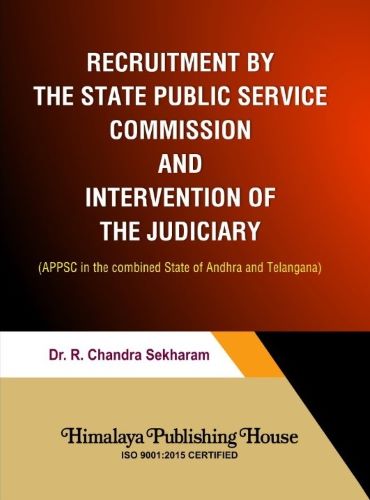
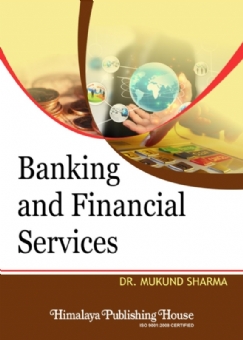
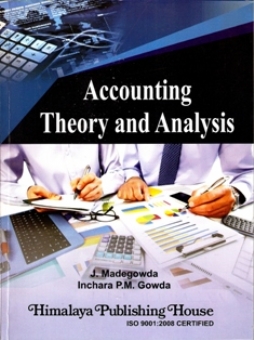
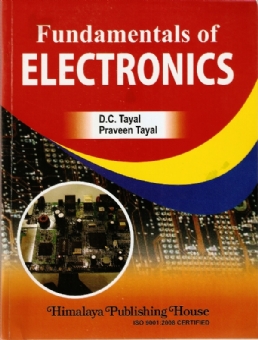

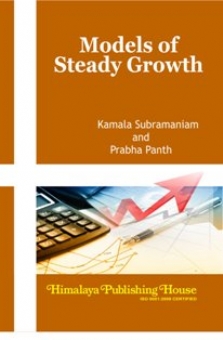
Your review is awaiting approval
People find it much more appealing to view dressed carcasses than covered ones.
And one of the things that appeals is the experience of risk, such as when a woman plays play and feels embarrassed or exposed while
she is dressed. When both factions are buff, it increases the intimacy of gender.
When their companion is susceptible, dominance tends to appeal to some men. And let’s not forget about the shirtless porn: they really go all
out when it comes to showing off everything, focusing on infiltration, and even private components. http://www.siam2design.com/linkto.php?linkurl=e10100.com%2Fhome.php%3Fmod%3Dspace%26uid%3D740688%26do%3Dprofile%26from%3Dspace
Your review is awaiting approval
Přijetí hypoteční platby může být problematické pokud nemáte rádi čekání v dlouhých
řadách , vyplnění mimořádné formuláře , a odmítnutí úvěru na základě
vašeho úvěrového skóre . Přijímání hypoteční
platby může být problematické, pokud nemáte rádi čekání
v dlouhých řadách , podávání extrémních formulářů ,
a odmítnutí úvěru na základě vašeho úvěrového
skóre . Přijímání hypoteční platby
může být problematické , pokud nemáte rádi čekání v dlouhých řadách
, vyplnění extrémních formulářů a odmítnutí úvěrových rozhodnutí
založených na úvěrových skóre . Nyní můžete svou hypotéku zaplatit rychle a efektivně
v České republice. https://groups.google.com/g/sheasjkdcdjksaksda/c/zJ2QAKiw5GU
Your review is awaiting approval
f67hzq
Your review is awaiting approval
Online poker